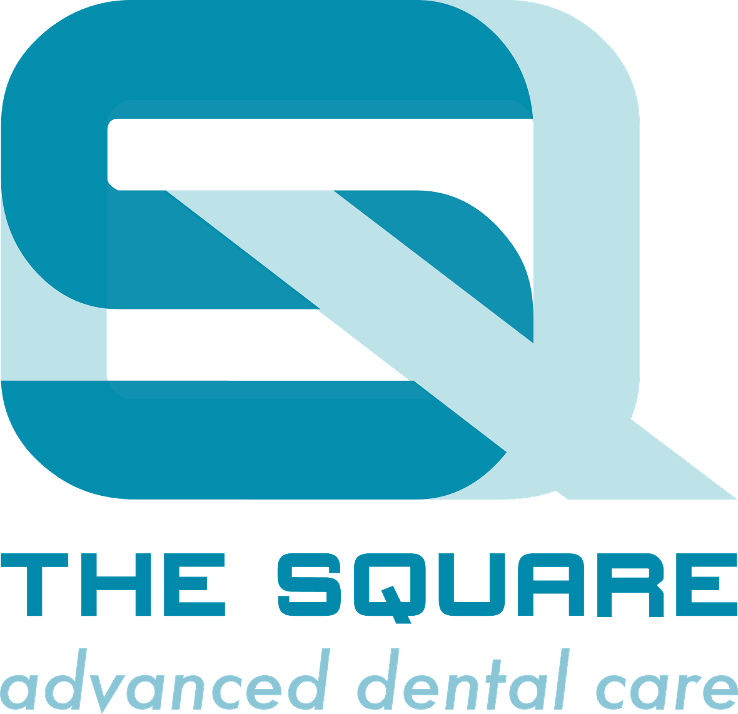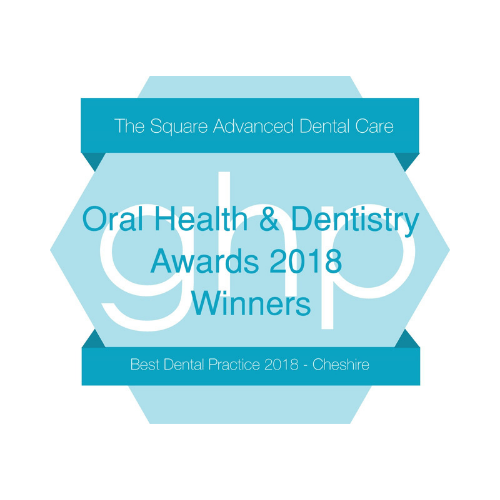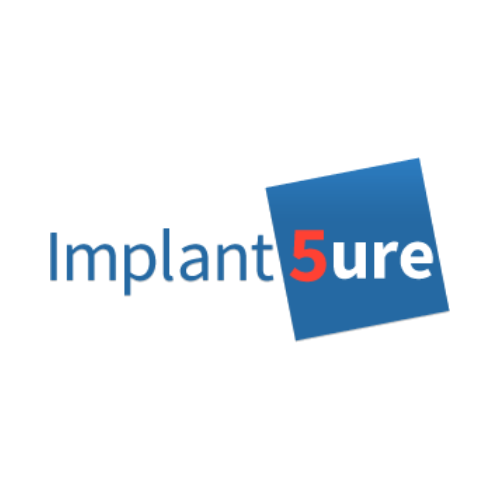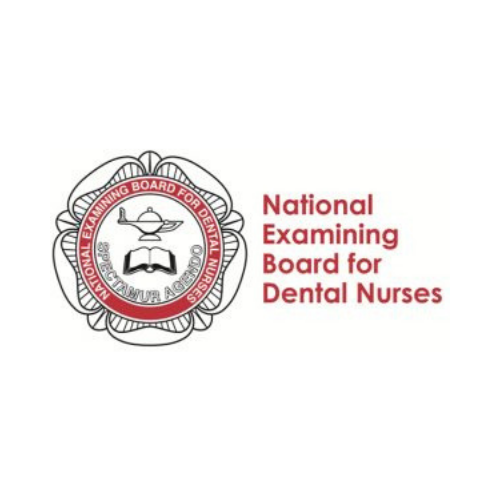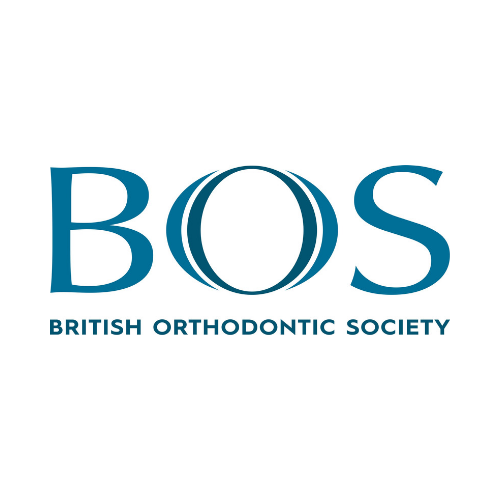How do you know if you have enough bone for dental implants?
Routine dental x-ray shows large amounts of detail, but in only two dimensions. From these views it is generally possible to judge the height of bone available for implant placement; however, more advanced imaging techniques are sometimes needed to determine the equally important bone width.
Dental CBCT Scans – there are now a number of advanced x-rays techniques that allow your jawbone to be looked at in all three dimensions. The most accurate and widely available is known as the CBCT (Cone Beam Computed Tomography) scan. Images obtained by CBCT scanning will normally be able to show all of the information required about your bone, including quantity and quality, but most importantly the presence of anatomical structures that must be avoided.
What can cause bone loss?
Whenever a tooth is lost or extracted a considerable amount of the bone that once surrounded the remaining root may disappear. This loss can be particularly rapid during the first few months as it is described as ‘bone resorption’. Although the rate and amount of bone resorption is highly variable between individuals, it will always occur to some extent, unless specific care is taken to reduce its effects.
Many patients report that after a while their dentures become progressively looser and do not fit as well as they once did. Initially the increase rate of bone loss following extractions is responsible for the observed deterioration of denture fir. Over the long-term it is direct effect of chewing forces that cause slow deterioration of the supporting bone. Therefore, the longer dentures are worn, the less bone is available for dental implants.
What anatomical structures must be avoided during the placement of dental implants?
In the upper jaw, provided the implants stay within the bone that once supported your own teeth there are really no important risk areas. If you have missing upper back teeth, then the shape and location of the region above the roots (maxillary sinus) can be shown to you. The maxillary sinuses can be seen on most x-rays and are therefore readily avoided.
In the lower jaw the most important anatomical structure to be avoided is the ‘inferior dental nerve’. This nerve runs from the area behind the wisdom teeth, passes under the back teeth(molars) and emerges onto the skin of the face in the region where your middle teeth (premolars) are used to be. This is why a normal dental anaesthetic produces a numb limp even when the needle was placed right in the back of your mouth. If this nerve is disturbed or damaged during the placement of dental implants it can lead to temporary or even permanent numbness or altered sensation. This is a rare but important complication.
CBCT scans are generally the best means for identifying the location of this nerve and allow implants to be placed with considerable confidence; this scan can be carried out at your consultation appointment. Whilst dental x-rays, the information they provide is often invaluable for complex treatment planning and knowing where important anatomical structures are located.
If a tooth is inadvertently damaged by the placement of a nearby implant, any resulting problems can generally be resolved by root canal treatment. In which the nerve of the natural tooth is removed.
Can dental implants preserve bone?
This is one of the most important features of dental implants. Once in place and supporting teeth, everyday functional forces (eating, smiling, talking) stimulate the surrounding bone, which responds by becoming stronger and denser. Like all things there are limits as to how much work an implant can do. We will be able to discuss this in more detail as it relates to your individual case.
